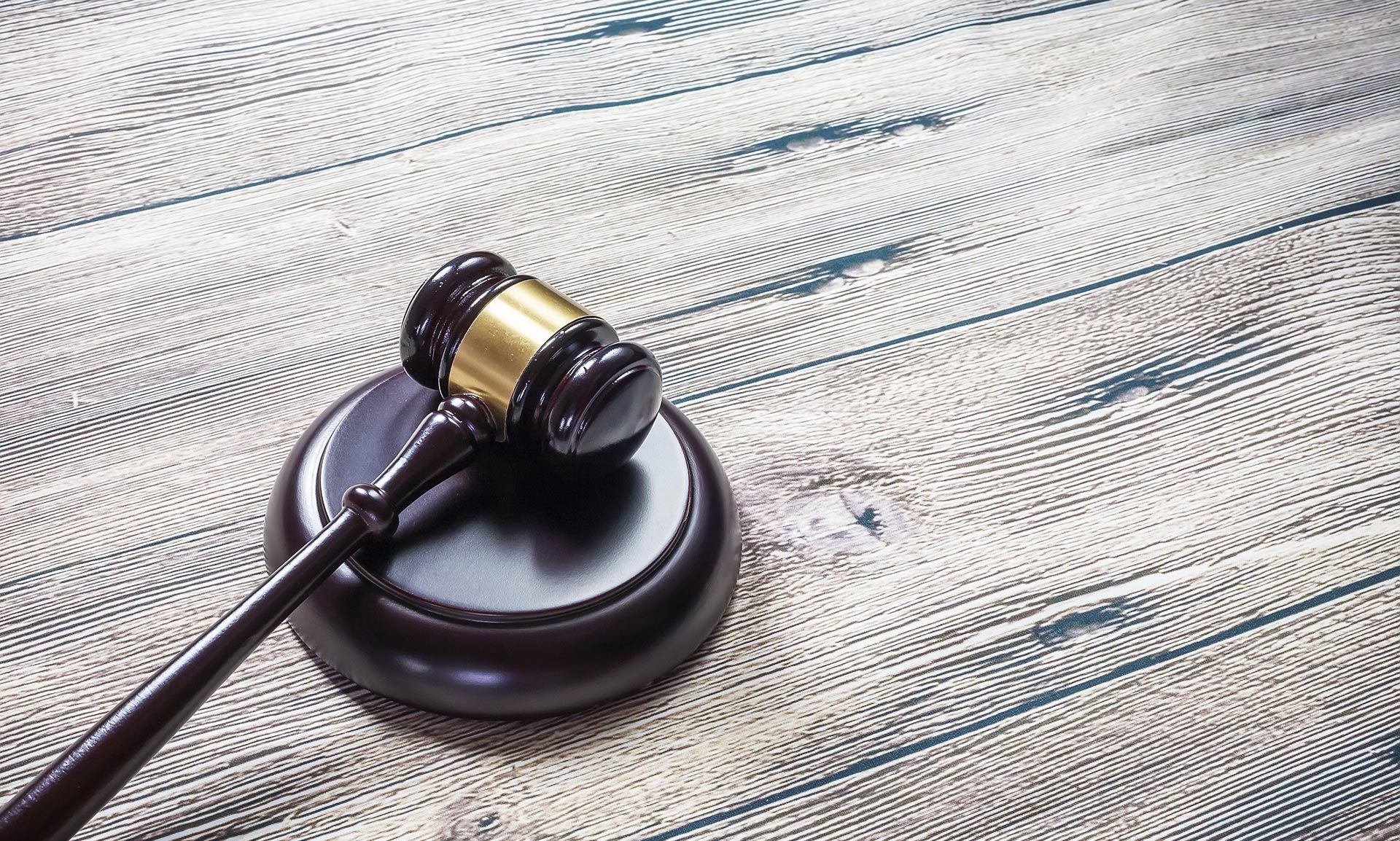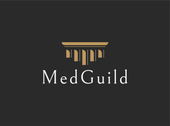
MedGuild
Welcome to MedGuild, the region’s leading boutique
medical/legal consulting firm
Welcome To MedGuild
At MedGuild, our priority is your case. We provide expert witness services individually and invest our very best minds in every case we take on. Your success is our number one priority.
Expert Witness Services
News/Blog

When healthcare professionals post patient information on social media, it can have serious consequences for both the patients involved and the professionals themselves. Potential consequences include: Violation of patient privacy: Posting patient information on social media without their consent violates their right to privacy and confidentiality. It can expose sensitive personal and medical details to a wide audience, potentially leading to embarrassment, discrimination, or harm. Legal and ethical ramifications: Healthcare professionals have a legal and ethical duty to protect patient privacy. Violating patient confidentiality can result in legal consequences, including lawsuits and disciplinary actions by regulatory bodies. It may also damage the professional reputation and credibility of the healthcare provider. Breach of professional ethics: Healthcare professionals are expected to adhere to strict ethical standards, including maintaining patient confidentiality. Sharing patient information on social media breaches these ethical obligations and erodes trust between healthcare providers and patients. Damage to patient-provider relationship: Sharing patient information without consent can undermine the trust and rapport between patients and healthcare professionals. Patients may feel betrayed, vulnerable, and reluctant to seek further medical help, hindering their access to necessary care. Professional reputation damage: Healthcare professionals who post patient information on social media risk damaging their professional reputation. The public and colleagues may view such actions as unprofessional, irresponsible, and disrespectful. This can impact future employment prospects and professional relationships. Regulatory and employment consequences: Many healthcare organizations have policies and guidelines in place regarding the use of social media. Violating these policies can lead to disciplinary actions, suspension, or even termination of employment. Additionally, regulatory bodies may investigate such incidents and impose sanctions or restrictions on the professional's license to practice. Patient complaints and legal actions: Patients whose information has been shared without consent may file complaints against the healthcare professional, leading to investigations and potential legal actions. The resulting legal processes can be time-consuming, emotionally draining, and financially burdensome. Negative impact on the healthcare profession: Instances of healthcare professionals breaching patient confidentiality can have a broader impact on public trust in the healthcare profession. It may perpetuate a perception that healthcare providers cannot be trusted, potentially leading to hesitancy in seeking medical care and compromising overall public health. To avoid these consequences, healthcare professionals should always follow established guidelines and regulations regarding patient privacy and confidentiality, including refraining from posting patient information on social media platforms.





